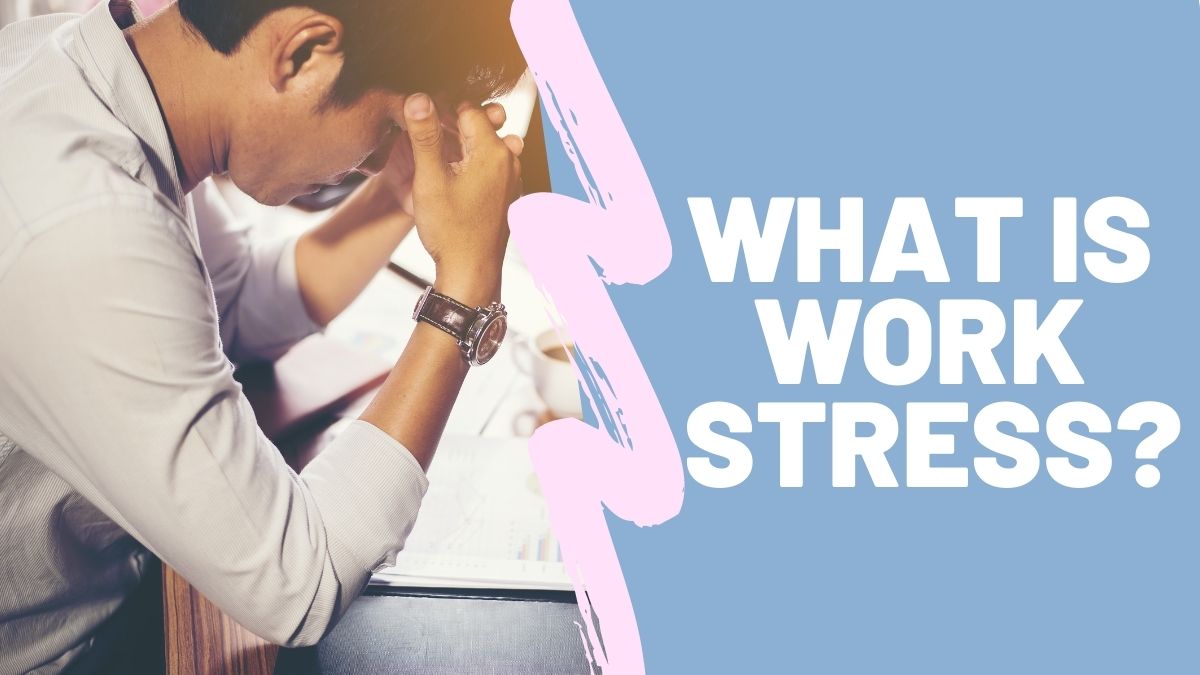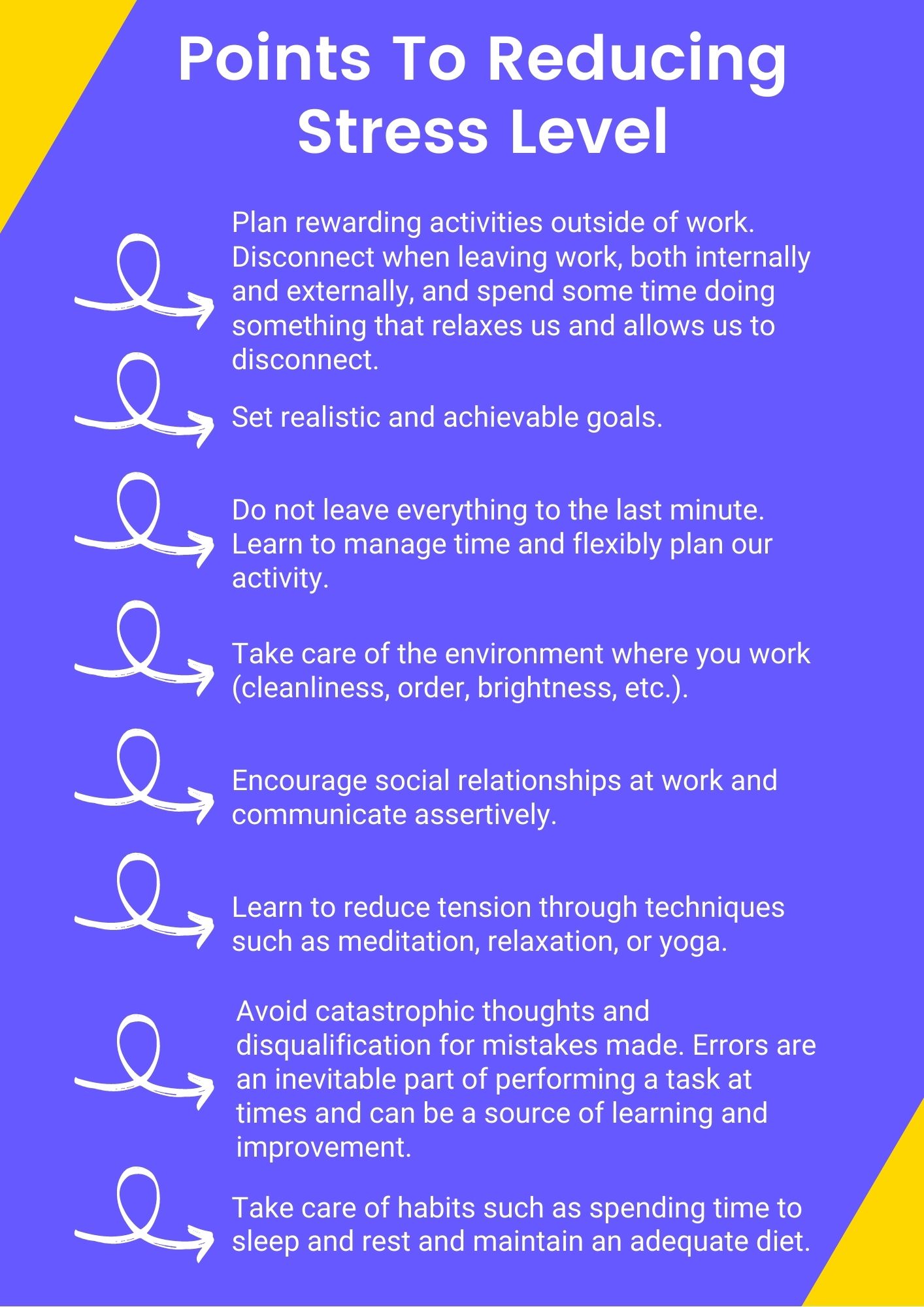More and more people are talking about job stress when asked about work. There are many people for whom employment adds meaning to their lives and contributes positively to the development of their identity. But others view their occupation as an unpleasant set of obligations. Tasks that qualify as irrelevant, monotonous and demanding, making them victims of job stress.
Beyond the preferences that each of us has at work level, stress can appear both on some occasions and on others. It is a situation that ends up having repercussions on health , especially if this stress is sustained or with very strong peaks of intensity.
What is work stress?
Not all people have the same ability to adapt to stressful circumstances. This ability is conditioned by different genetic factors, personality traits, and physical and mental conditions of each one of us.

Stress-related to the work environment can be defined as the set of emotional, cognitive, physiological and behavioural reactions related to certain adverse aspects of the organization, content or work environment. This state is characterized by high levels of excitement and anguish, with a frequent feeling of not being able to cope with the situation.
A factor that is becoming increasingly important is the imbalance between expectations about what work should be and the realities in the world of work. There is sometimes a great gulf between beliefs or the ideal represented and reality. Thus, the more unattainable or less realistic the aspirations, the higher the chances of feeling let down and being vulnerable to the harmful effects of stress.
Frequent symptoms of stress
These are the most frequent symptoms, signs that indicate that a person may be suffering from work stress :
- Physiological symptoms: sweating, muscle tension, breathing difficulties, palpitations, stomach upset, dizziness, nausea, dry mouth, etc.
- Psychological symptoms: preoccupation, fear, difficulty thinking, concentrating or making decisions, negative thoughts, fear, insecurity, etc.
- Motor symptoms: avoidance of dreaded situations, nail-biting, going from one place to another without a specific purpose, etc.
It is important that to reduce our stress levels we implement some basic strategies, such as the ones we will point out later. But if the situation persists over time and we find ourselves unable or with difficulties to face it, the most appropriate thing is to go to a professional, so that with their help we can overcome our problem.
Eight Points To Reducing Stress Level

Here are some guidelines to reduce high-stress levels in the workplace :
- Plan rewarding activities outside of work. Disconnect when leaving work, both internally and externally, and spend some time doing something that relaxes us and allows us to disconnect.
- Set realistic and achievable goals.
- Do not leave everything to the last minute. Learn to manage time and flexibly plan our activity.
- Take care of the environment where you work (cleanliness, order, brightness, etc.).
- Encourage social relationships at work and communicate assertively.
- Learn to reduce tension through techniques such as meditation, relaxation, or yoga.
- Avoid catastrophic thoughts and disqualification for mistakes made. Errors are an inevitable part of performing a task at times and can be a source of learning and improvement.
- Take care of habits such as spending time to sleep and rest and maintain an adequate diet. We can also incorporate physical exercise into our daily routine, on a regular basis and adapted to our abilities, as it improves overall mood, increasing self-esteem and reducing stress levels.


